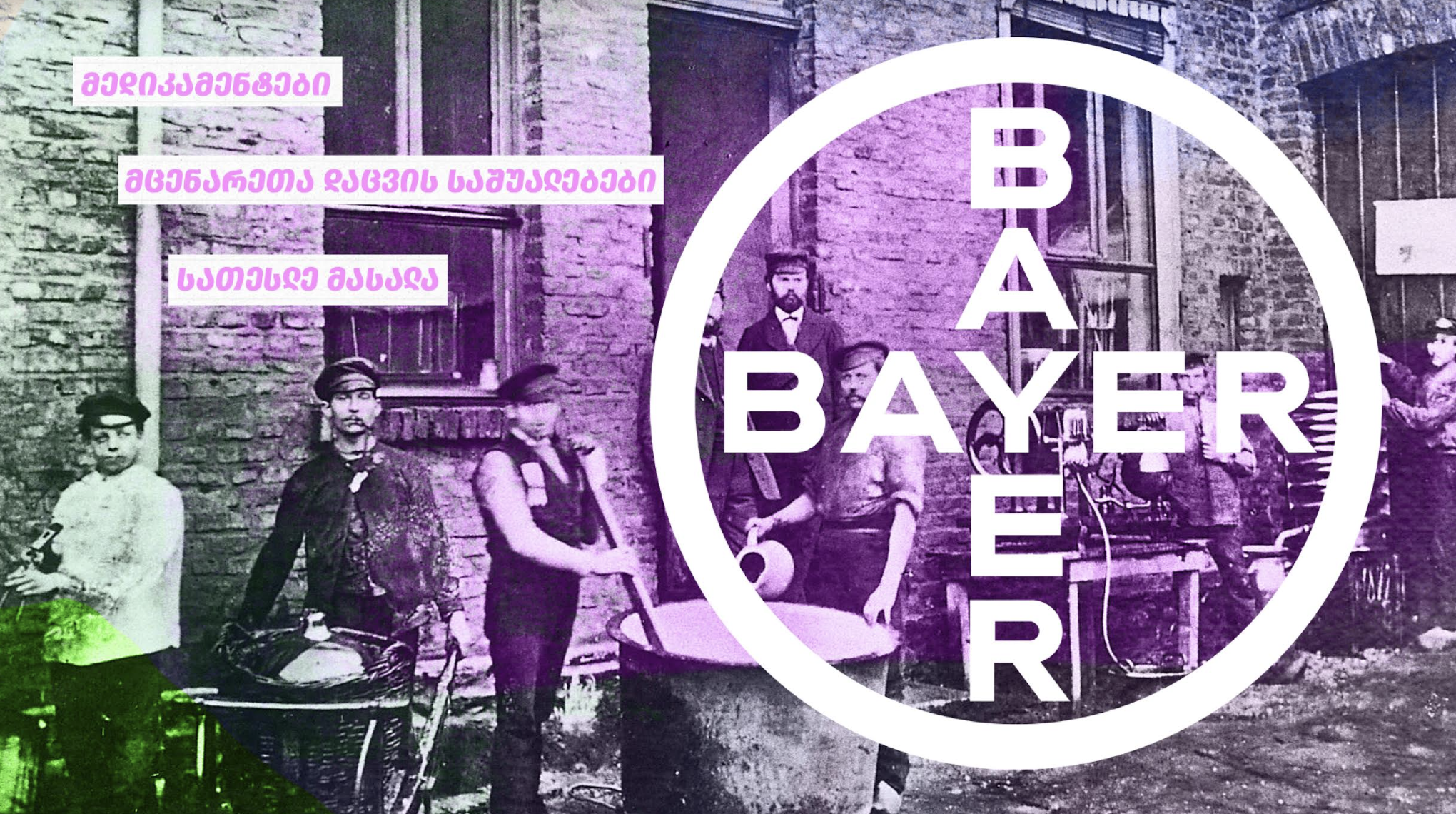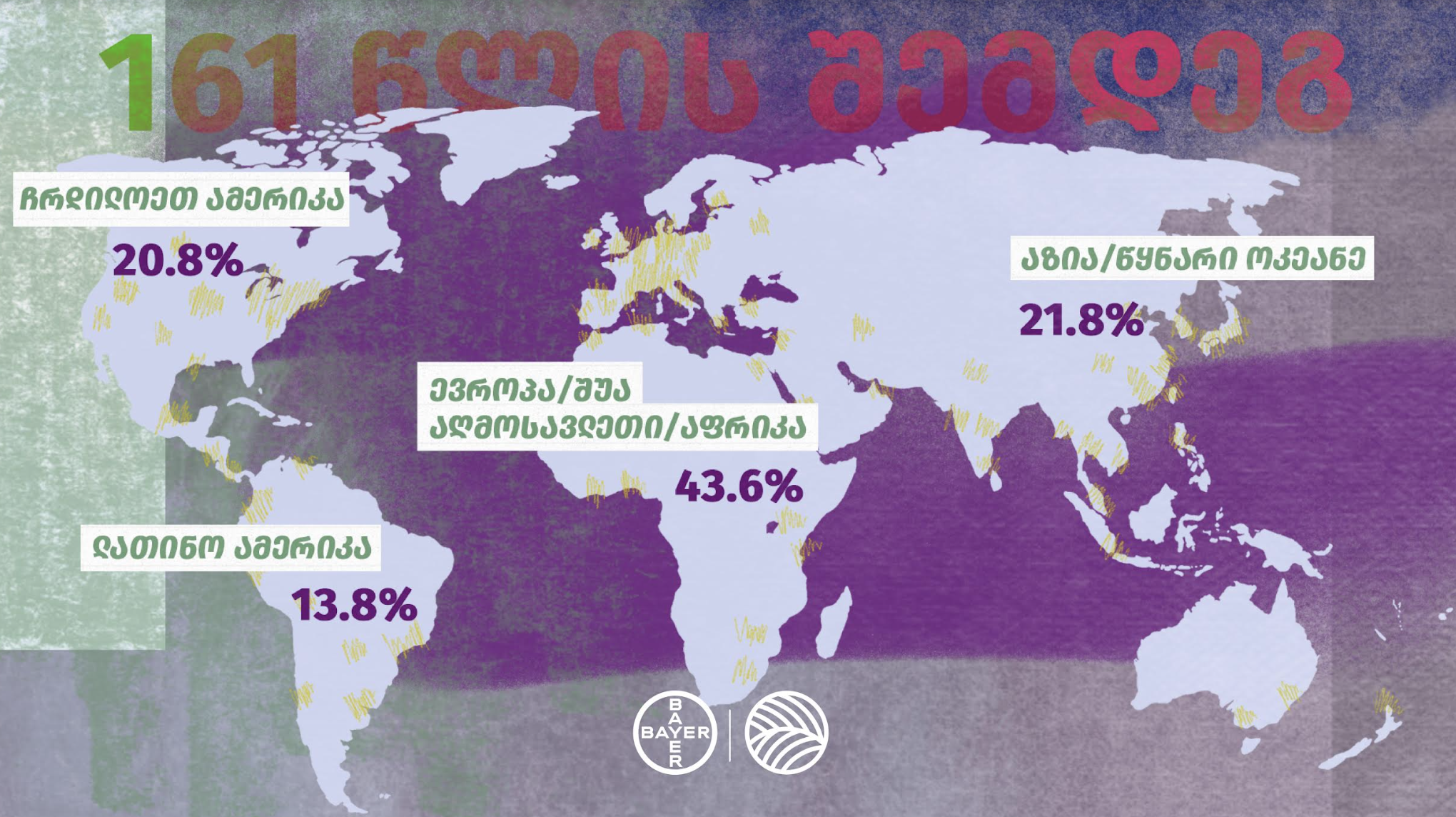Innovation and German Quality: How Bayer Became the Largest Corporation
"Health for all, hunger for no one"—this is the mission of Bayer, the largest pharmaceutical and agricultural production company, a mission it has pursued for over a century. Through its innovative products, Bayer has significantly contributed to the fields of pharmacy and agriculture, bringing about beneficial changes for humanity. Today, Bayer remains at the forefront of scientific and innovative approaches to tackle global challenges.
Bayer's journey began in Germany in 1863 when two friends—businessman and chemist Friedrich Bayer and dyer Friedrich Wescott—decided to start a new business. They ventured into the production of synthetic dyes, a groundbreaking innovation at the time. In the 19th century, painting relied solely on natural dyes, which were scarce and expensive. Synthetic dyes, cheaper to produce, made colorful textiles and clothing accessible to the general public. The company founded by these two friends is known today as Bayer.
A significant contribution to Bayer's early development was made by chemist Carl Duisberg, who headed the company's scientific research activities starting in 1883. Under his leadership, Bayer opened its main laboratory in Germany, elevating its research activities to a new level. Within a few years, Bayer launched a pharmaceutical department where Aspirin, deemed the medicine of the century, was created. The unprecedented sales of Aspirin catapulted Bayer to the position of the world's largest pharmaceutical company. Today, Bayer's pharmaceutical department continues to work on developing treatments for various diseases, including cancer and immune system-related pathologies.

In the 1950s, Bayer established its second most significant division: agricultural products. Today, it creates innovative plant protection products and seed materials, which are highly popular worldwide. Each product results from extensive scientific research and multi-level testing. It takes about 10-15 years for the team to analyze the active substance, develop appropriate formulas, and test them in real environmental conditions. Developing a single product costs the company approximately 600 million euros. Bayer is also committed to regenerative and biodiverse agriculture, producing biofungicides, bioinsecticides, and pheromones.
Bayer's seed production division expanded significantly in 2016 after acquiring Monsanto Corporation. This deal brought premium quality corn hybrid producer Dekalb, among other companies, under Bayer's ownership.
Bayer's innovative products entered the Georgian market 19 years ago, thanks to Agrosphere, an importer of innovative agricultural products and equipment. Bayer products quickly gained popularity among Georgian farmers and remain one of the most frequently used brands due to their efficiency.

Bayer not only supports sustainable agriculture but also invests significant resources in addressing environmental issues. In 1971, the company built Europe's largest industrial wastewater treatment plant. Ten years later, Bayer introduced a new technology for biological wastewater treatment with the construction of Bayer Tower Biology in Leverkusen. In 2004, Bayer became the first private sector partner of the United Nations Environment Program. In 2007, the company launched the Bayer Climate Program to reduce greenhouse gas emissions. By 2030, Bayer aims to become a carbon-neutral company.
Bayer also supports various sports and cultural fields. It currently sponsors 22 sports clubs and owns Bayer 04 Leverkusen, one of Germany's most successful football clubs. The team won the UEFA European Championship in 1988 and remains a prominent member of Germany's top football league. In the 2023-2024 season, Bayer 04 Leverkusen achieved a remarkable feat, finishing 46 consecutive matches unbeaten and winning the Bundesliga, becoming Germany's new champions.
Throughout its history, Bayer has significantly contributed to the development of various fields, solving many global problems and becoming a leading corporation. Today, the company operates in 83 countries and employs thousands of people worldwide.

